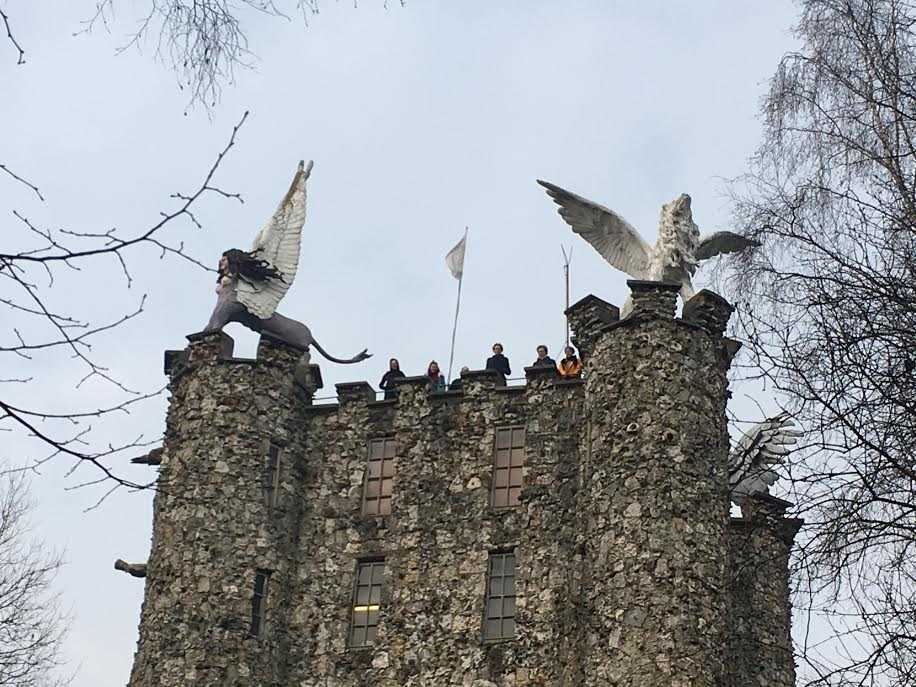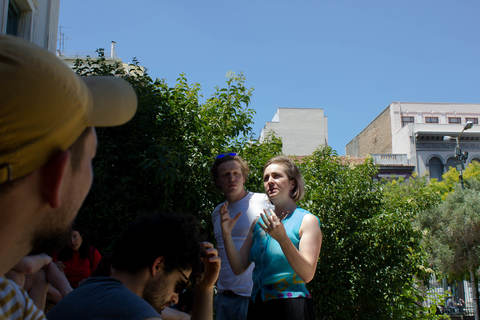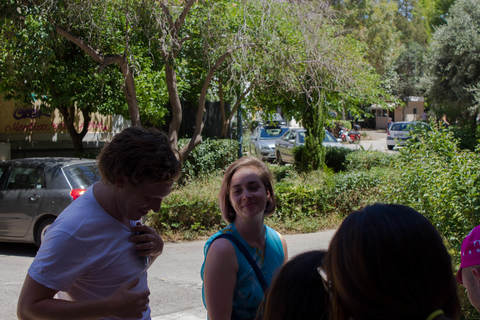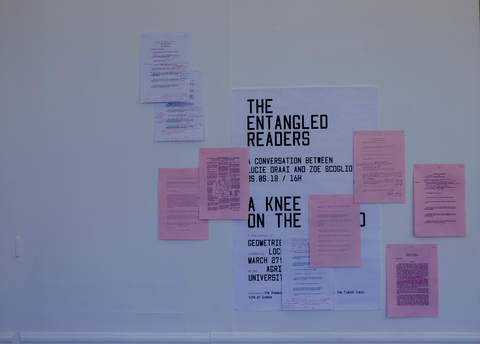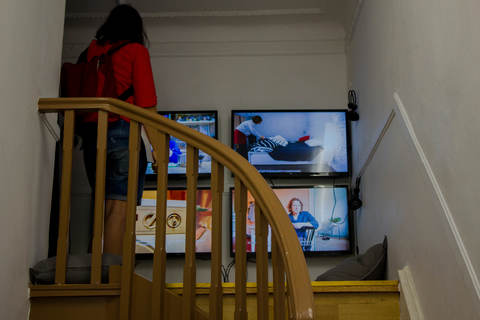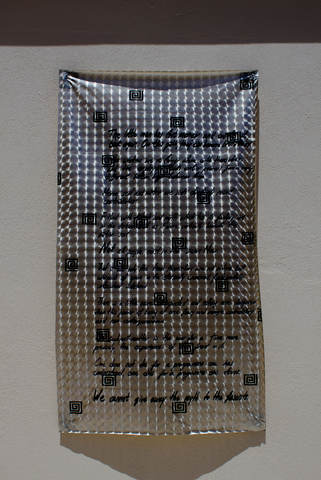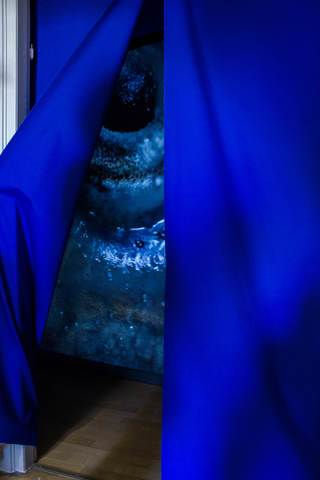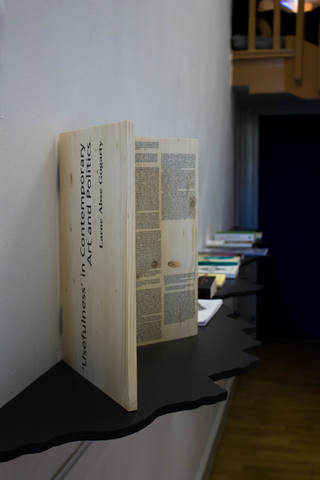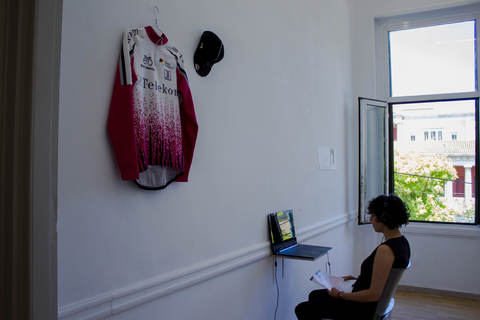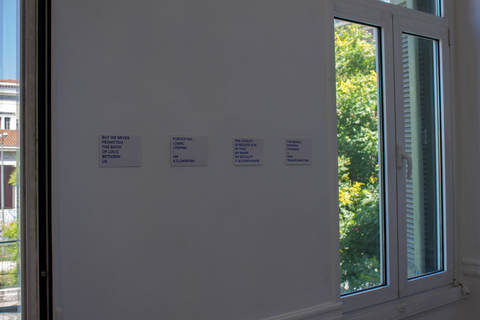2017-2018 COOP study group: Practicing Articulation, Articulating Practice ~ Nick Aikens, Annie Fletcher, Navine G.Khan-Dossos ~ Partner: Van Abbemuseum
‘Practicing Articulation, Articulating Practice’ from MONTH TO MONTH
Student participants: Olivia Abächerli, Joannie Baumgärtner, Ciprian Burete, Lucie Draai, Elien Ronse, Zoe Scoglio, Maya Watanabe
Tutor participants: Nick Aikens, Annie Fletcher, Navine G.Khan-Dossos
Practicing Articulation, Articulating Practice
introduction
‘The intellectual's representations, his or her articulations of a cause or idea to society, are not meant primarily to fortify ego or celebrate status. Nor are they principally intended for service within powerful bureaucracies and with generous employers. Intellectual representations are the activity itself dependent on a kind of consciousness that is skeptical, engaged, unremittingly devoted to rational investigation and moral judgment; and this puts the individual on record and on the line. Knowing how to use language well and knowing when to intervene in language are two essential features of intellectual action.’ ( Edward Said, Representations of the Intellectual).
‘Practicing Articulation, Articulating Practice’ is conceived for artists, curators and cross-disciplinary practitioners.
The study group begins from and pursues three fundamental questions: What constitutes a practice? How is a practice articulated? What are the structures and frameworks within which a practice operates?
The title of the study group refers to articulation theory developed in cultural studies and political theory in the 1970s and 80s, drawing on it as a core methodology. Articulation was seen as a means through which two or more elements are brought together to create a new unity. It emerged as a means to combine and fuse many different elements, premised on the fact that the conditions under which our subjectivity is constituted and a practice formed are constantly in flux. We – through our modes of being, thinking and working in the world - are contingent on a range of cultural, strategic and political forces.
Why do we want to focus on the notion of practice?
Today’s current political, social and cultural conditions demand that we - artists, curators and intellectuals etc - need to examine closely what we say and how we say it. Entering second cycle further education or working as curator / researcher / artists in the public realm calls for us to acknowledge and consider attentively what we think constitutes our work.
- What does it mean to make work about the world and for the world?
- How can we present new ways of seeing from from the context of art but extending outwards into public space?
- What are the possibilities of articulation between different practices, i.e, can the research methods of an investigative journalist lead to making a painting instead of writing an article?
- How do we learn and articulate our own political position through practice?
- How do we confront what it means to have an opinion without being fearful of being at odds with the status quo?
The course will aim to draw upon multiple forms of practice:
The practice of articulation itself will be explored through:
- dialogue with a broad range of guests, primarily artists
- a series of close readings (parallel texts chosen by tutors, guest tutors and participants)
- written papers and seminars
- screenings and workshops
- and most significantly focus on the practice of the group’s participants.
- participants will be encouraged and expected to identify their own research interests.
- presentations at different stages in the course will serve as a forum for us to assess, untangle and reform each other’s work.
- an itinerant study group that will culminate in a presentation in Athens in summer 2018.

